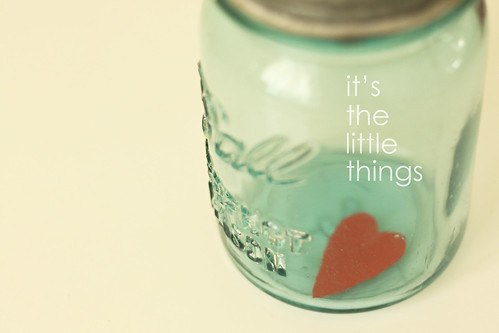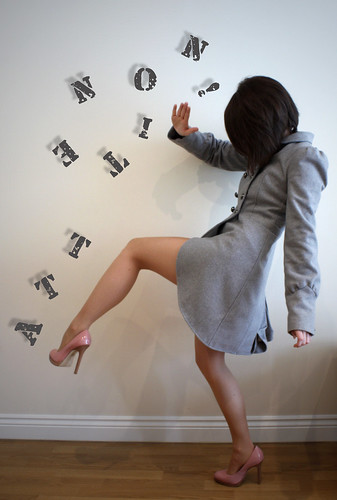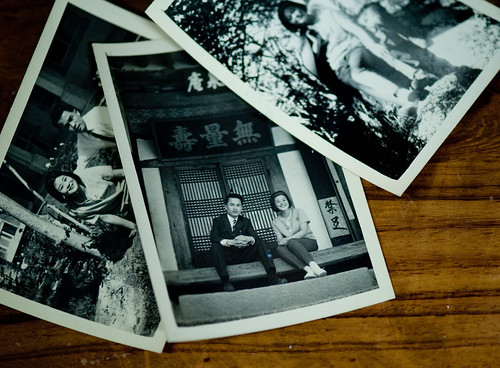Here’s What Science Says Is The Secret To A Merry Christmas
ke sure to spend time with family, go to church, and don't focus on spending money or getting gifts. Being environmentally conscious can help and, if possible, be old and male: Despite the importance of Christmas within many cultures, research has not examined the types of experiences and activities that are associated with holiday well-being. Thus, we asked 117 individuals, ranging in age from 18 to 80, to answer questions about their satisfaction, stress, and emotional state during the Christmas…
2 minutes
Are there easy ways to improve your next vacation?
ristian Jarrett has a long interesting piece on vacations in The Psychologist. There are a number of interesting highlights, including the optimal length of a trip: ...people on mid-length holidays of between three to six days tended to report more positive mood than those on shorter or longer trips. ‘Possibly a two- to six-day holiday trip is long enough to enjoy (unlike a two-day trip),’ Nawijn surmised, ‘but short enough to minimise arguments with partner, family or friends.’ There's often…
3 minutes
Does second guessing improve our decisions or make us miserable?
th. Via escience news: The paper, based on two studies of Florida State undergraduate volunteers, finds that the maximizers' focus on finding the best option ultimately undermines their commitment to their final choices. As a result, the authors argue, "maximizers miss out on the psychological benefits of commitment," leaving them less satisfied than their more contented counterparts, the satisficers. Past research into the differences between maximizers and satisficers looked at how the two groups made choices differently and, more importantly,…
2 minutes
Is there a common feeling that might lead to heart attack, stroke and diabetes?
s. Loneliness. Objective: This study evaluated the association between loneliness and the metabolic syndrome, which refers to a clustering of factors that have been shown to increase risk for cardiovascular disease, diabetes, stroke, and mortality. A secondary purpose was to evaluate whether age moderated the association between loneliness and the metabolic syndrome. Design: Participants were 52 to 79 years old, and they were drawn from a population-based survey of people 50 years of age and older living in England (N…
2 minutes
Is it the big things or little things in life that most determine our happiness?
's the little things. Via PsyBlog: We know this because research finds that our happiness is predicted better by the details of our everyday lives than it is by our overall life circumstances... In other words happiness comes from the small pleasures in life. By the same token it's the little hassles that are most apt to get us down. Exactly the same is true in the workplace where little hassles are a hefty predictor of job satisfaction. And he…
2 minutes
Is there a way to increase your attention span?
ditation. And it can show results in as little as five days. The ability to focus one’s attention underlies success in many everyday tasks, but voluntary attention cannot be sustained for extended periods of time. In the laboratory, sustained-attention failure is manifest as a decline in perceptual sensitivity with increasing time on task, known as the vigilance decrement. We investigated improvements in sustained attention with training (~5 hr/day for 3 months), which consisted of meditation practice that involved sustained selective…
1 min read
Here’s Where “Fake It Until You Make It” Works
en it comes to confidence and social situations, "fake it until you make it" can help. Appearing depressed can create a downward spiral. Avoiding eye contact can increase isolation: Via Medical News Today: ...avoiding eye contact may actually increase depression amongst already unhappy individuals, as it can lead to isolation. "Sad people avoiding eye contact will disrupt normal social fluency and may lead to them shunning certain social situations," said Dr Hills. "Although this may reduce anxiety caused by the…
2 minutes
How can you increase your sense of meaning in life?
more nostalgic: The present research tested the proposition that nostalgia serves an existential function by bolstering a sense of meaning in life. Study 1 found that nostalgia was positively associated with a sense of meaning in life. Study 2 experimentally demonstrated that nostalgia increases a sense of meaning in life. In both studies, the link between nostalgia and increased meaning in life was mediated by feelings of social connectedness. Study 3 evidenced that threatened meaning increases nostalgia. Study 4…
1 min read








